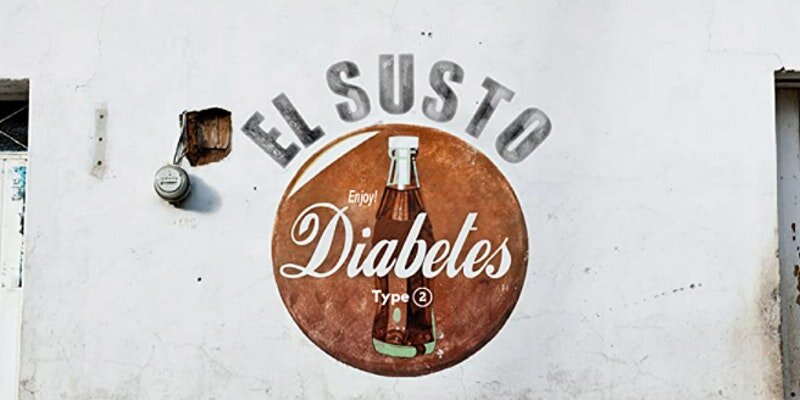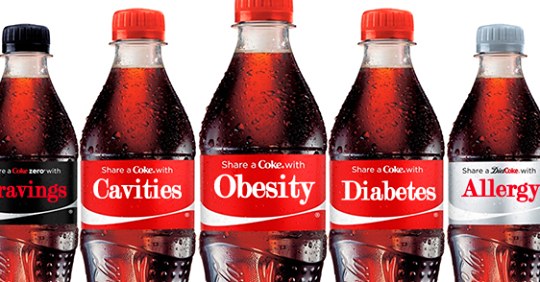Measure D - Berkeley, CA
In 2014, a diverse group of residents came together in Berkeley, CA to pass Measure D, the first municipal soda tax in the US. Measure D levies a 1 cent per ounce excise tax on the distributors and producers of sugary drinks that are sold in Berkeley. Measure D funds go into Berkeley's general fund and a commission comprised of residents advises the City Council on how to invest funds towards community-led efforts for health–A great example of participatory budgeting. Since the residents of Berkeley passed Measure D by a margin of 76%, the Berkeley City Council has invested over $9 million into programs designed to improve nutrition and health with an emphasis on serving youth targeted by the beverage industry. This funding has been invested in school and community based programming and activities to offset the negative messaging and predatory marketing and pricing strategies inflicted on our young people.
“We need to show the investment side of the SSB taxes and that these moneys in fact do go back into community in ways that make a difference. We need to show how the infrastructure that makes investments is responsive to community needs. That these funds are building infrastructure and that the drop in consumption of sugary drinks is not just because poor folks can’t afford it, but rather because the education efforts and making the healthy choice the easy choice are being driven through investments.”

multimedia: videos, podcasts, & blogs
SSB Video Mini Series
In a special CBPH mini-series, Praxis is featuring the community-led efforts to improve health that have been been made possible through the investments from Berkeley’s soda tax. This series presents the grounded stories of the impact that this funding is having at the community level.
sugar sweetened beverage taxes - Podcasts
This series will feature interviews with representatives from across the country who are working on local soda taxes in their communities as well as collaborating to develop guidance for creating non-regressive local soda taxes. Hear community-centered perspectives about how SSB taxes can advance health equity and ongoing fights against the beverage industry.
In addition, check out the following partner podcasts Praxis has appeared on:
Related Blog posts
Read our blog posts about SSB, including why Praxis is so invested in ensuring SSB taxes are community-centered.
Partnerships & Workgroups
Praxis continues to advocate for SSBs taxes using the Berkeley model through our work with various coalitions such as CA4LessSoda and California Food & Farming Network and Nationally in partnership with Voices For Healthy Kids (VFHK).
This work can be seen through a recent collaborations with Berkeley Food Institute and support of base-building community organizations in key assembly districts across the state of California where we conducted five community briefings. At each briefing location, we asked the audience to provide us with the most pressing issues within their communities for efforts of state legislation.
2021 Soda Tax Equity Workgroup Resources
The Praxis Project continuously seeks opportunities to center community and equity in efforts to improve beverage and food environments in vulnerable communities. In 2020, the Praxis Project along with Healthy Food America, funded in part by Voices for Healthy Kids, an initiative of the American Heart Association, coordinated discussions with national advocates regarding designing equitable soda taxes. Collectively, the workgroup developed a set of tools and resources to support communities seeking to implement equitable SSB taxes.
Praxis believes that in order to address inequitable health outcomes, we need to transform the systems and structures that shape our beverage and food environments. For SSBs this includes addressing predatory marketing of Big Soda in areas whose opportunities to live healthy lives have been limited through extreme disinvestment. It is precisely in these areas where Big Soda typically engages in predatory marketing and targeted pricing that we need to make sure soda tax revenues are invested to build community power to address the determinants of health.
These resources were the result of collaborative workgroup discussions and incorporate many elements Praxis believes underlie equity and center community.



























Denisa Livingston from Dine Community Advocacy Alliance and the Slow Food International Council discusses how the fight to reduce sugary drink and other unhealthy food consumption is a matter of reclaiming indigenous lifeways and foodways.